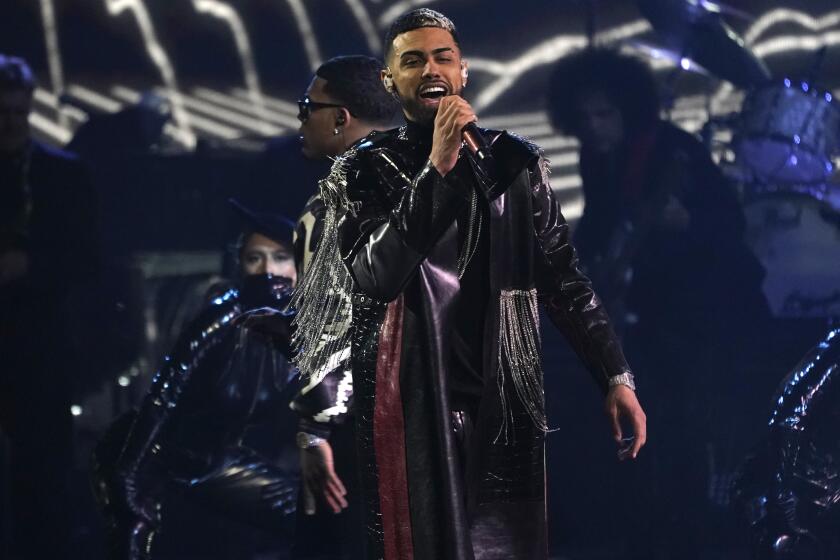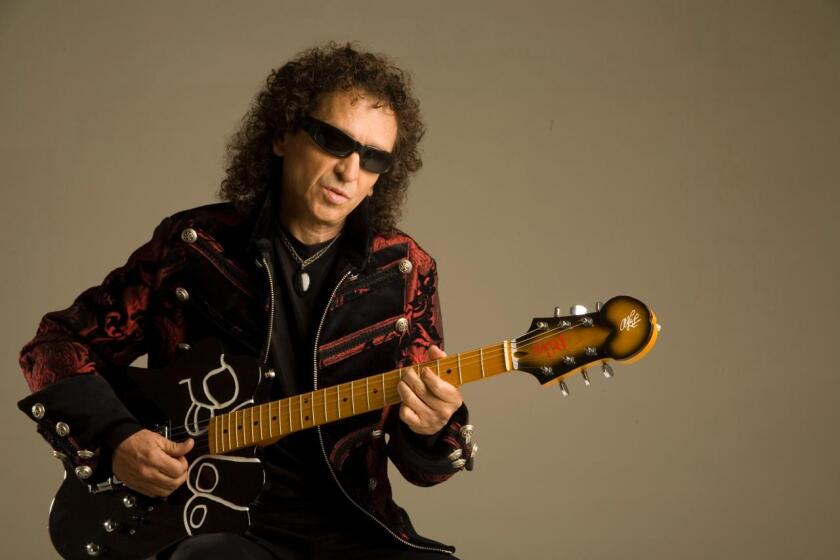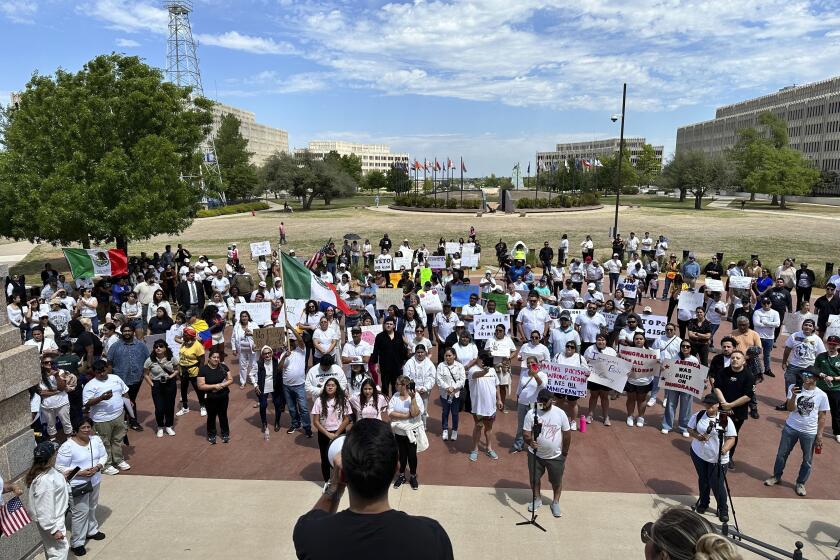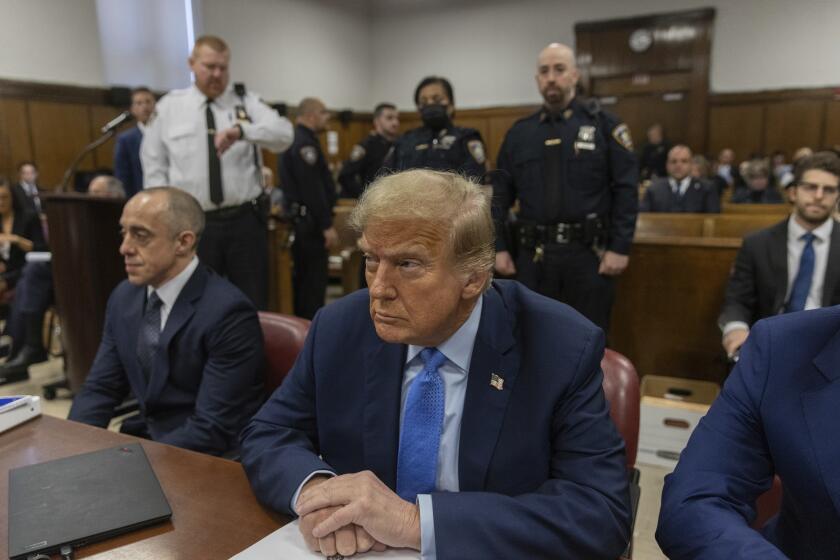Venezuela severs ties with US, moves to quell opposition protests
Venezuelan President Nicolas Maduro on Wednesday announced his administration’s decision to sever diplomatic and political relations with the United States and ordered American diplomatic personnel to leave the country within 72 hours.
The leftist Maduro made the announcement after US President Donald Trump issued a statement indicating he recognizes the newly appointed head of Venezuela’s opposition-controlled but toothless National Assembly, Juan Guaido, as that nation’s interim president.
The further deterioration of bilateral ties - they had remained at the level of charge d’affaires since late 2010 - came on a day when Guaido spoke in front of thousands of anti-government protesters and declared himself to be Venezuela’s acting head of state.
Police, meanwhile, responded Wednesday to the large-scale demonstrations by using tear gas to clear the streets in different sections of Venezuela’s capital.
In the upscale neighborhood of Chacao, law-enforcement officers “began (shooting) and we were shielding ourselves ... The police shoved me against a wall and a (tear-gas) bomb hit me in the face,” Gered Prieto, a 15-year-old student, told EFE.
Police fired tear gas and buckshot and injured at least two people during the effort to disperse the protesters, EFE observed.
Security-force members also fired tear gas at demonstrators from their vehicles.
Local media, for their part, broadcast footage showing police deployed on the Francisco Fajardo Highway, Caracas’ main freeway.
Similar situations have been reported in different parts of the capital and in several states of Venezuela’s interior.
In a separate incident Wednesday in El Paraiso, a district on the capital’s west side, police impeded a gathering of people who were intending to join an opposition march.
Hundreds of thousands of Venezuelans demonstrated Wednesday in the country’s 23 states and the capital district to show their opposition to a new six-year term in office for Maduro, who won re-election last May in balloting boycotted by the opposition and began a new term earlier this month.
The US, the European Union and several of Venezuela’s neighbors have branded that election as fraudulent.
The opposition rally ended with Guaido declaring himself Venezuela’s interim president and vowing to combat Maduro’s “usurpation” of the presidency.
Ties between Caracas and Washington deteriorated during the 1999-2013 presidency of Maduro’s predecessor and political mentor, the late Hugo Chavez , a vehement critic of US foreign policy.
Chavez was removed from office for 48 hours in April 2002 in a putsch engineered by military brass, opposition politicians and leaders of the business community.
A former paratrooper and avowed socialist, Chavez was restored to power by a combination of mass street protests and the unwillingness of some military commanders to countenance the removal of an elected president.
Venezuela, an oil-rich country that has been hammered by lower crude prices and harsh economic sanctions imposed by the US, has been in recession for nearly all of Maduro’s time in office.
Hundreds of thousands of Venezuelans have fled their homeland amid food and medicine shortages and hyperinflation and crossed into Colombia, Peru, Brazil and other countries.
In 2017, Trump signed an executive order barring US institutions from involvement in any new debt issued by the Venezuelan government or that nation’s state oil company, PDVSA.
That move by the US came after Maduro’s administration pushed through with plans for a controversial National Constituent Assembly, a plenipotentiary body that took over the functions of the National Assembly, the only institution in the opposition’s control.
Venezuela - sitting on the world’s largest reserves of crude - remains a key US oil supplier despite the frictions.



